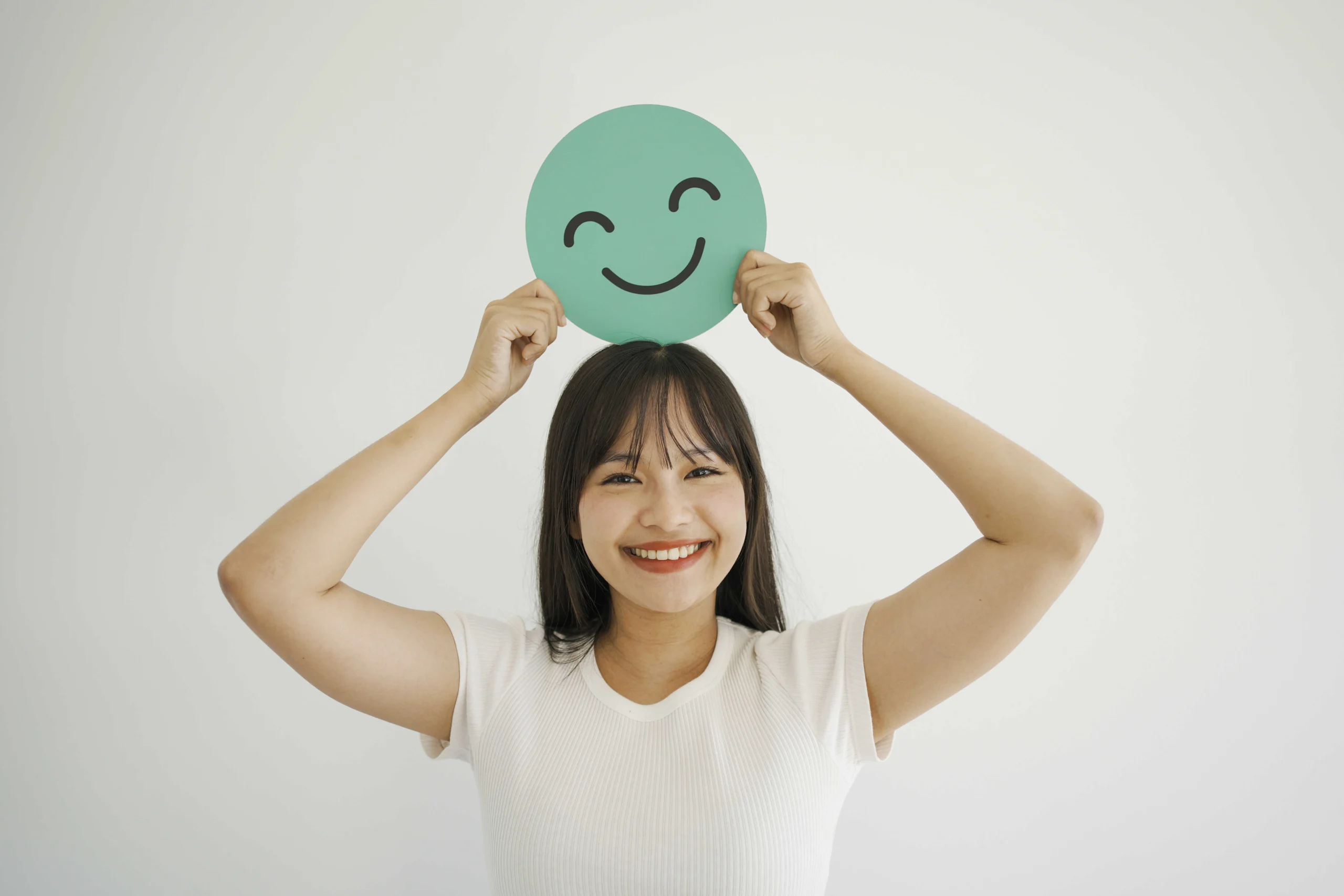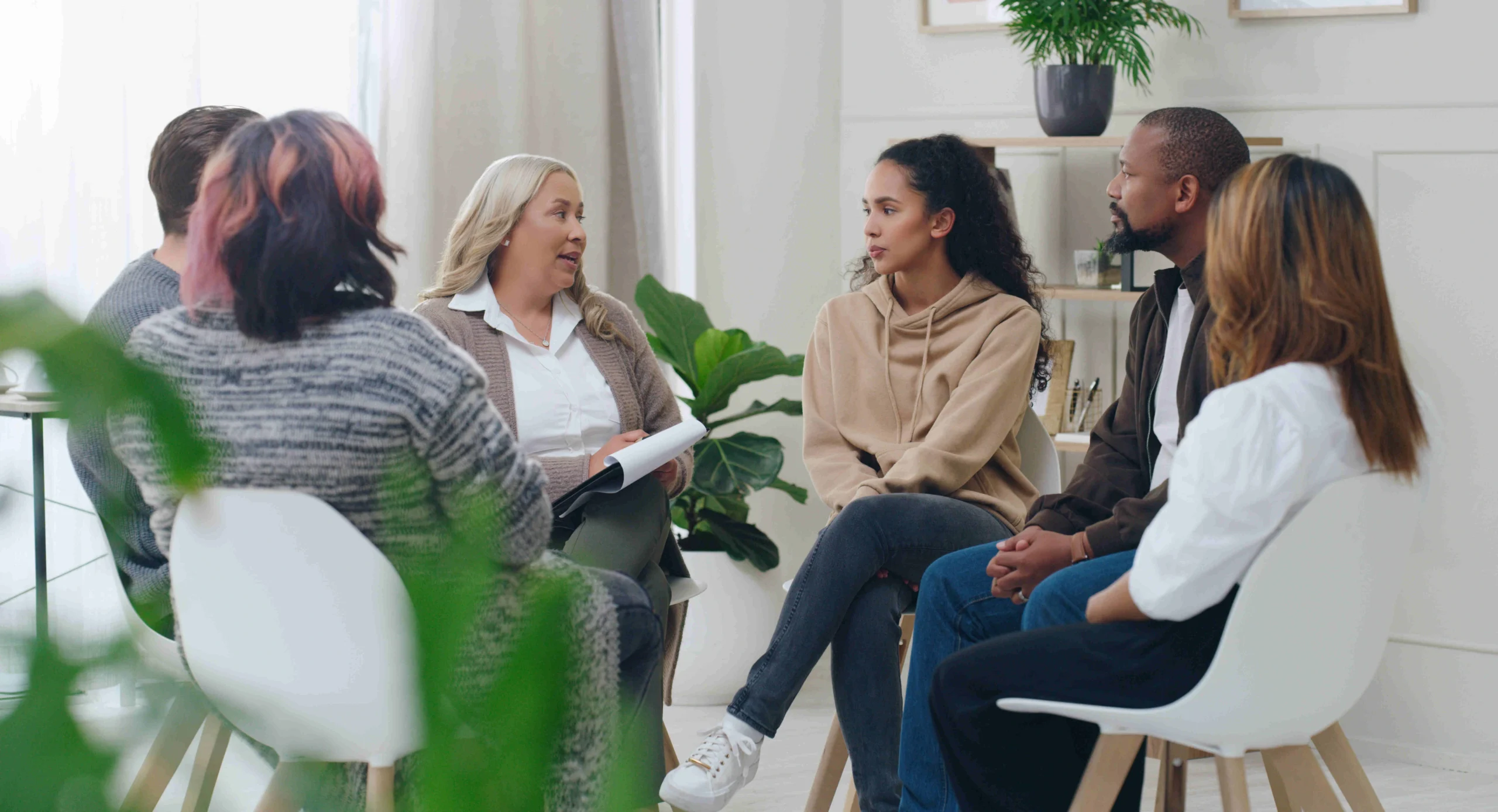In today’s hyper-connected world, social media has become an undeniable force in our lives. From connecting with loved ones across continents to sharing our experiences with the world, these platforms offer a wealth of opportunities for communication, entertainment, and social interaction. However, this constant connectivity comes at a cost. While social media can undoubtedly enhance our lives, it also presents significant challenges to our mental well-being.
One of the most significant concerns is the pervasive phenomenon of social comparison. Social media platforms often present a curated and often idealized version of reality. Users meticulously curate their online personas, showcasing only the highlights of their lives – the perfect vacations, the delicious meals, the seemingly effortless happiness. This curated reality can create a distorted perception of others’ lives, leading individuals to compare themselves unfavorably and feel inadequate, inadequate, and even envious. This constant social comparison can fuel feelings of low self-esteem, anxiety, and even depression.
Furthermore, the constant stream of information and notifications can be overwhelming and contribute to feelings of stress and anxiety. The fear of missing out (FOMO), the constant pressure to stay connected, and the expectation of immediate responses can create a sense of urgency and anxiety that can be detrimental to mental well-being.
The impact of social media on mental health can manifest in various ways. Studies have linked excessive social media use to increased levels of anxiety, depression, loneliness, and even sleep disturbances.
- Cyberbullying: The anonymity and reach of social media platforms can unfortunately facilitate cyberbullying, leading to emotional distress, anxiety, and even suicidal thoughts in vulnerable individuals.
- Sleep Disruption: The blue light emitted from electronic devices can interfere with sleep patterns, leading to sleep disturbances and further exacerbating mental health issues.
- Distorted Body Image: Constant exposure to idealized and often unrealistic images on social media can contribute to body image issues and low self-esteem, particularly among young people.
However, it’s crucial to remember that social media is not inherently harmful. When used mindfully and intentionally, it can offer numerous benefits, such as connecting with loved ones, fostering a sense of community, and accessing valuable information and resources.
Strategies for Mindful Social Media Use:
- Mindful Consumption: Be mindful of the content you consume. Follow accounts that inspire and uplift you, and unfollow or mute those that trigger negative emotions.
- Limit Screen Time: Set limits on your daily social media usage and prioritize real-life interactions.
- Practice Mindful Engagement: When you do use social media, engage intentionally and mindfully. Avoid passive scrolling and prioritize meaningful interactions with others.
- Cultivate Real-Life Connections: Prioritize face-to-face interactions with friends and family. Engage in activities that foster genuine human connection, such as hobbies, sports, and community involvement.
- Practice Self-Compassion: Be kind to yourself and acknowledge that social media can be a challenging platform to navigate.
Ultimately, social media is a tool, and like any tool, its impact depends entirely on how we choose to use it. By cultivating a mindful and intentional approach to our online interactions, we can minimize the potential negative impacts and harness the power of these platforms to connect with loved ones, explore new ideas, and foster a sense of community. Remember, your online experience is a reflection of your choices. Prioritize meaningful connections, curate your feed with intention, and remember that your worth as an individual extends far beyond the curated snapshots of life often presented on social media.
Social media has undeniably transformed the way we connect, communicate, and experience the world. While it offers numerous benefits, it’s crucial to be mindful of its potential impact on our mental health. By cultivating a healthy relationship with social media, setting boundaries, and prioritizing real-life connections, we can harness the power of these platforms while safeguarding our mental well-being.
Remember, you are not defined by your online presence. Prioritize your real-life relationships, cultivate meaningful experiences, and nurture your inner world. You are more than the curated version of yourself that you present online. Embrace your authenticity, cultivate genuine connections, and prioritize your mental and emotional well-being.
By cultivating a mindful and intentional relationship with social media, we can harness its potential for good while safeguarding our mental and emotional well-being. Let’s choose to use these powerful tools to connect with others authentically, cultivate meaningful relationships, and live a life that is truly fulfilling.










